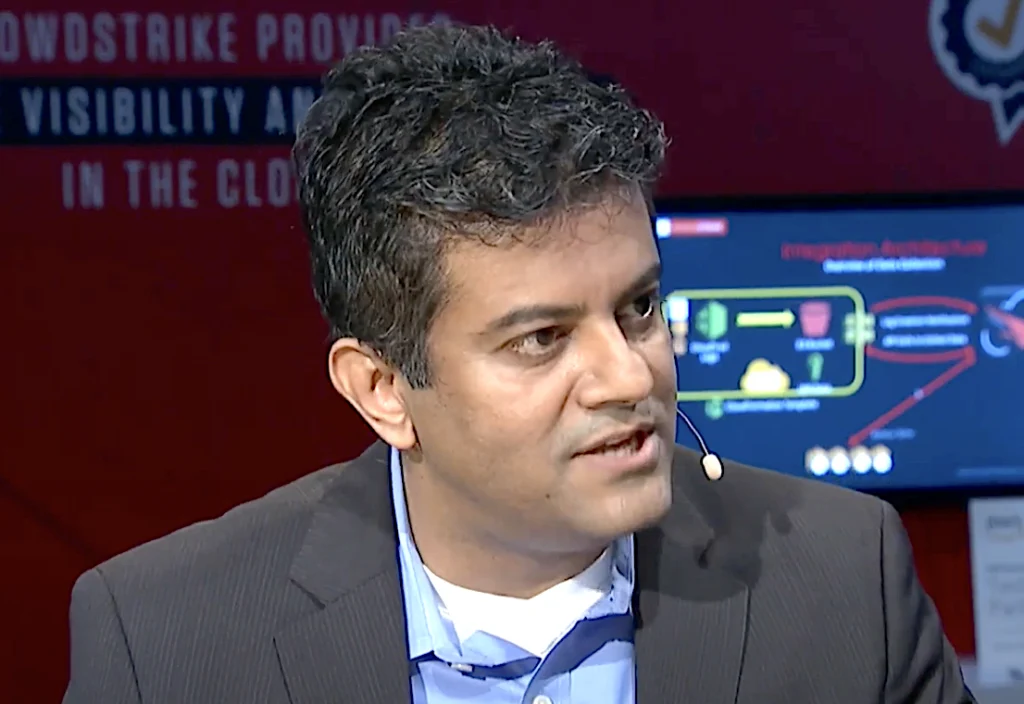- Vasi Philomin leaves AWS after eight years, as firms battle over top AI talent
- Amazon invests billions in AI as it reshuffles leadership in key unit
What happened: Amazon’s AI leadership shake-up
Amazon Web Services (AWS) has lost a key executive in its artificial intelligence division. Vasi Philomin, who led AWS’s generative AI business—including the Titan model family and Bedrock platform—has departed after eight years. His exit comes as the competition for senior AI talent intensifies across the tech sector.
AWS confirmed the departure but did not disclose Philomin’s next role. His responsibilities are now partially handled by Rajesh Sheth, former head of Amazon’s Elastic Block Store. Despite the leadership change, AWS stated that several vice presidents continue to focus on generative AI efforts.
Philomin played a central role in AWS’s AI evolution. Amazon Bedrock, under his leadership, became a foundation for companies to access models like Claude from Anthropic and Amazon’s own offerings without building infrastructure from scratch.
Also Read: OpenAI hires former Meta executive to lead strategic initiatives
Also Read: Vertiv appoints Mike Giresi as global CIO to lead AI strategy
Why it’s important
Philomin’s departure underscores a broader challenge for big tech: retaining top AI talent amid an industry hiring boom. Companies are now resorting to unconventional methods to find candidates—some are even analysing sports performance data to identify high-potential recruits.
AWS has been playing catch-up to rivals like OpenAI and Google. In response, it has invested $4 billion in Anthropic and integrated Claude into Alexa’s new AI assistant. It also launched its own Nova and Olympus models this year. However, leadership churn raises concerns about whether AWS can maintain momentum in a field where speed and direction are crucial.
Amazon CEO Andy Jassy recently acknowledged that “agentic AI” could replace some jobs—a stark contrast to the company’s usual growth narrative. As AWS automates more functions, some employees may see their roles diminished or eliminated.
In a fast-moving sector, losing experienced leaders like Philomin could hinder Amazon’s efforts to close the AI gap. This raises a bigger question: can investment and infrastructure truly substitute for visionary leadership?

